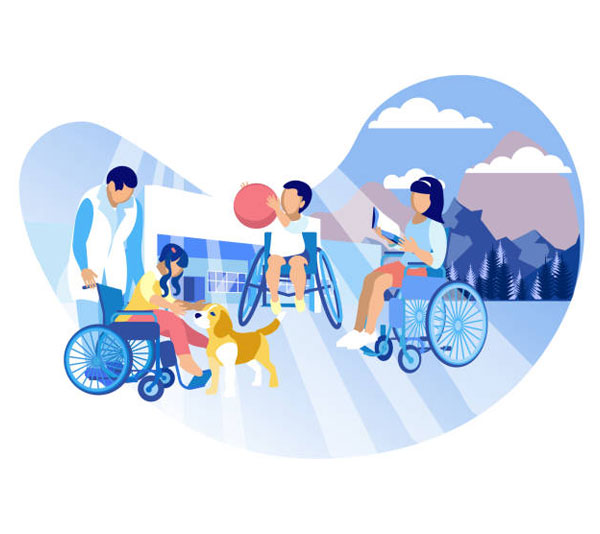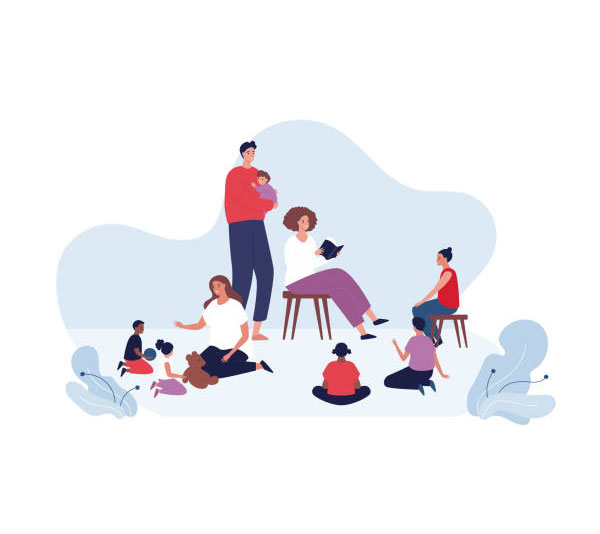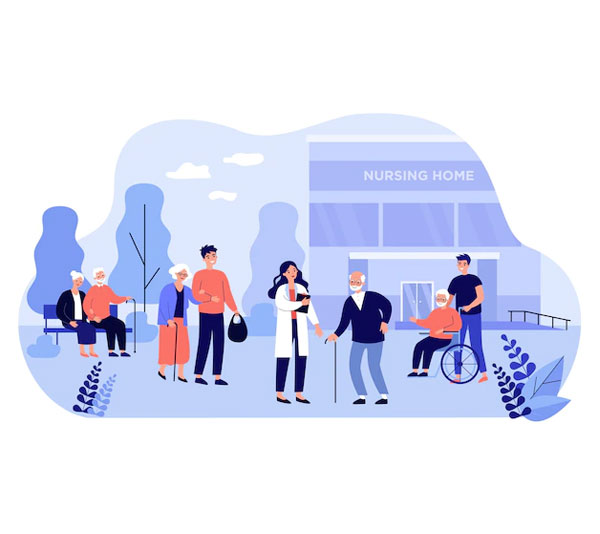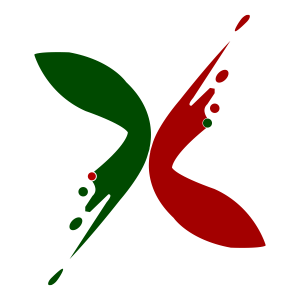

Aid to Special Child Programs
Autism is a global phenomenon with local implications. Autism Spectrum Disorder (ASD) is a pervasive neurodevelopment disorder that is often characterized by impairment in verbal and nonverbal communication, deficits in emotional and social reciprocity, and repetitive behavioral patterns. This affects more than 7.4 million people worldwide, with a 600% increase in prevalence in the last two decades. Autism is nuanced, and its challenges are unique and situated in the socio-cultural framework. As a result, a culturally embedded design is essential for any successful technological intervention for ASD, especially in LMICs. The knowledge about the general condition of disabled children is shamefully inadequate. Addressing the inclusion of persons with autism is an integral part of government-implemented strategies for sustainable development. BSED Foundation run by S.A.B Group is a non-profit and non-governmental organization is highly interested and is working to do better for the autism society. We share a portion of our profit for them.
Aid to Disadvantaged Child Programs
In a country like Bangladesh, the facilities provided to orphan children are almost non-existent. At present there are orphanages run by the Ministry of Social Welfare of the government of Bangladesh and also non-government orphanages. Due to limited resources, however, the quality and quantity of services are sadly inadequate. BSED Foundation run by S.A.B Group is a non-profit and non-governmental organization is working to establish Jannatful Child Care Home an orphanage to provide shelter and improved facility for education, health care and extracurricular activities to orphan Children.


Aid to get Vocational training and create employment for poor Child Programs
BSED Foundation run by S.A.B Group is a non-profit and non-governmental organization aims to uplift the socio-economic conditions of underprivileged communities through help to learn skills to earn. BSED Foundation stands for Underprivileged Children’s Educational Programs; however, we prefer to use the short form i.e. BSED because BSED also extends its support to the youth from the underprivileged communities as a response to the changing needs and contexts. BSED is working since 2020. BSED Foundation is working to give vocational education to Underprivileged Children in Bangladesh.
Aid to the poor old citizens in Old Age Home
The share of people in the old age group is on the rise in many countries across the globe. Bangladesh is one of them.
By 2050, 22% of the population in Bangladesh will be old (60+), which is just 8% at present. The sustained economic growth of the country seems to have little effect on its older population. Intriguingly, the annual growth of the old age population in extreme poor households (0.32%) is about three times higher than in non-extreme poor households (0.13%) over the period of 2007-2014. This is significant. Are the old age poor more likely to be chronically extreme poor? The same study finds that half of the extreme poor households headed by individuals aged 55 and above never came out of the extreme poverty during 2007-2014.
Thus, they can be referred to as being chronically extreme poor. Interestingly, the chronically extreme poverty rate went down for younger household heads. It means that the extreme poor households headed by older individuals are more likely to get stuck in extreme poverty. This calls for a closer look at the demographic composition of chronically extreme poor households. It is the responsibility of our society to ensure basic economic sustenance for the senior citizens not only because they had contributed to our economic growth and are still contributing to making a healthy society, but also from a purely human rights perspective. The prevailing situation indicates the need for targeted financial allowances/pension schemes to ensure subsistence living of these families at the least. BSED Foundation run by S.A.B Group is a non-profit and non-governmental organization is working to establish Safiul Alam Old Age Home in Chittagong.


Enhance Research programs to develop social business and socio-economic developments.
BSED Foundation run by S.A.B Group is highly interested and engaged in the area of research development towards facing Sustainable Developments Programs as a corporate citizen. We are trying to enhance social business in Bangladesh. Bangladesh has been successful in achieving a high level of economic growth in the fiscal year FY19. An astonishing 8.13 percent growth is attained in FY19.
Progress was underpinned by 6.6 percent growth on average over the decade, particularly the average growth in the previous three years (FY16-FY18) was 7.4 percent. This robust growth enabled Bangladesh to elevate itself into the lower middle-income country status in 2015 and fulfill all three eligibility criteria for graduation from the LDC in 2018. Bangladesh is now well on track for graduation into a developing country in 2024. Government’s relentless efforts in persuasion of building a poverty-free prosperous Bangladesh through ‘Vision 2021’ transformed the country from an impoverished to a developing one. At
present the country is positioned among the fastest growing economies of the world. The growth-supportive structural and financial reforms of the government, which were inclusive and pro-poor in nature, have largely contributed to the reduction of poverty while ensuring praiseworthy economic growth.
Macroeconomic indicators, such as GDP growth, per capita income, food production, imports and exports, workers’ remittances and foreign exchange reserves, recorded noteworthy and sustained progress during the last eleven years. Besides, inflation (twelve months average) has been maintained at a
tolerable level, bringing it down from 12.3 percent in FY08 to 5.48 percent in FY19. Furthermore, keeping public debt at a reasonable level and demonstrating resilience to external shocks are mentionable successes of the government. Moreover, Bangladesh has also been able to sustain its advancement in social development parameters, such as reducing poverty, enhancing life expectancy, improving literacy rates, increasing per capita food production, and so on.

